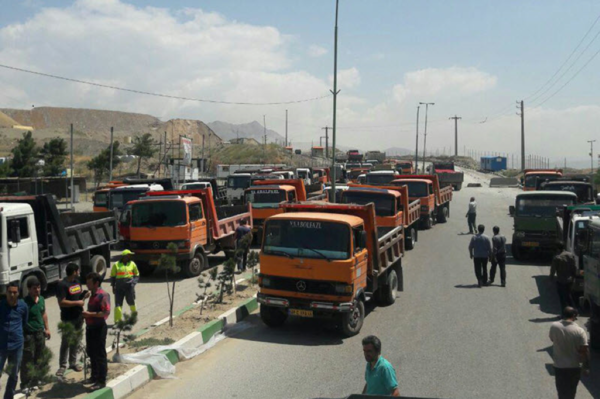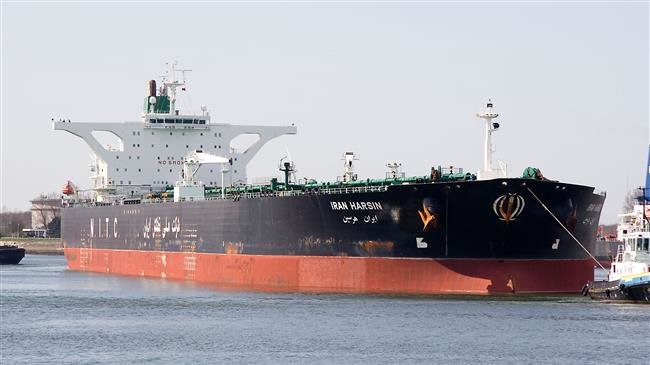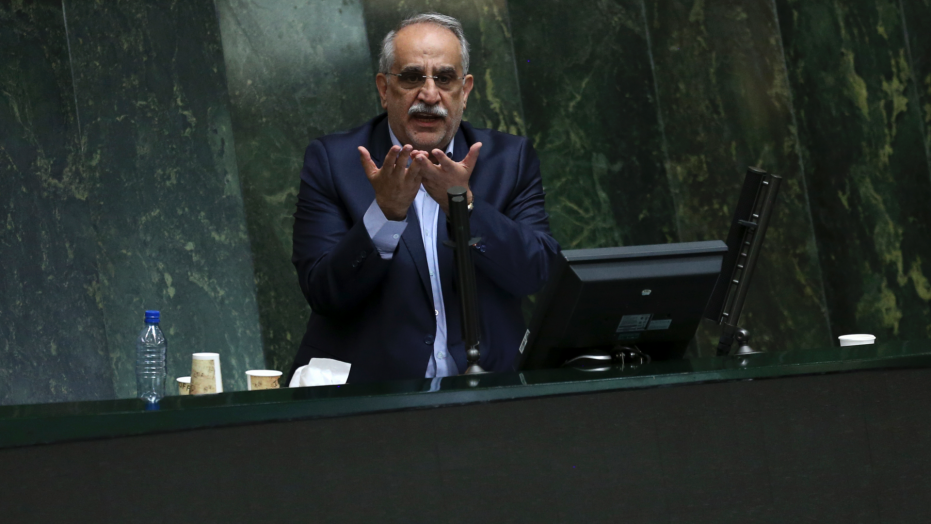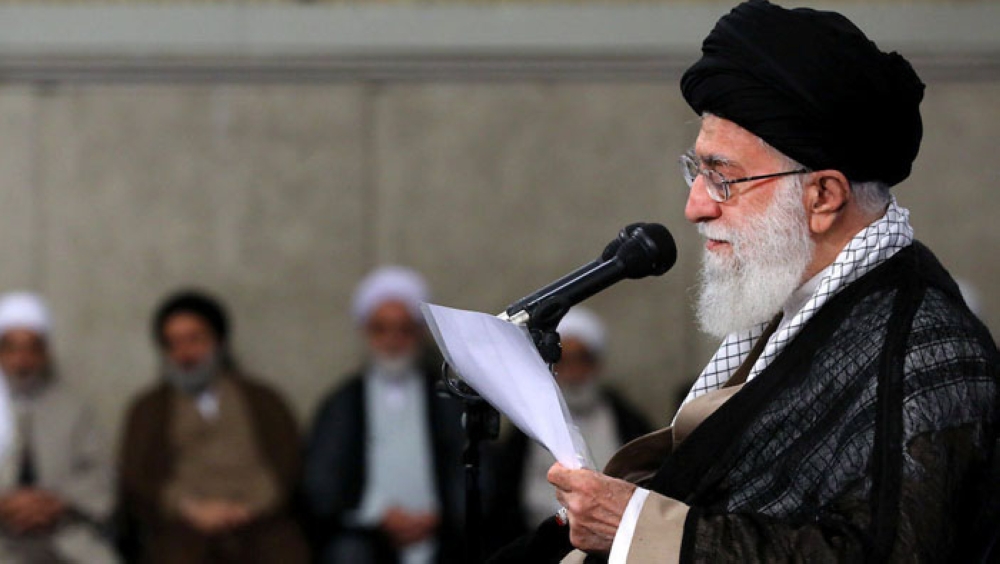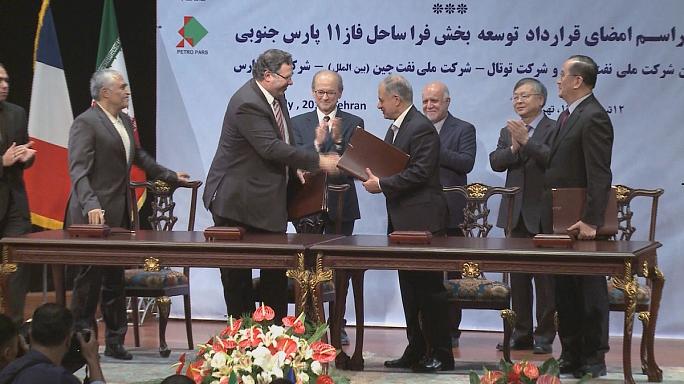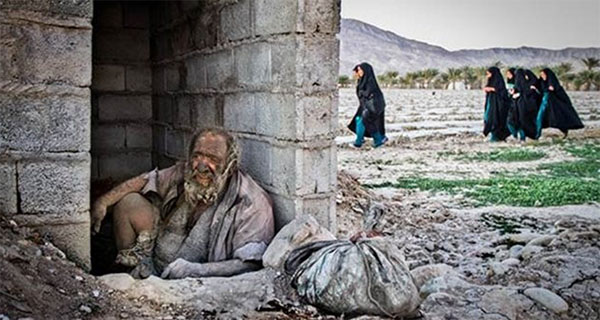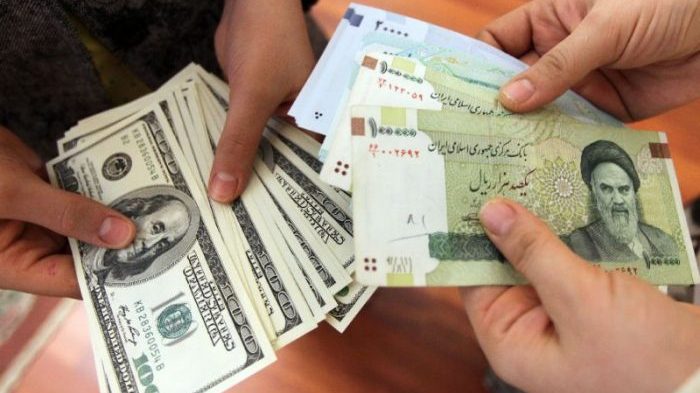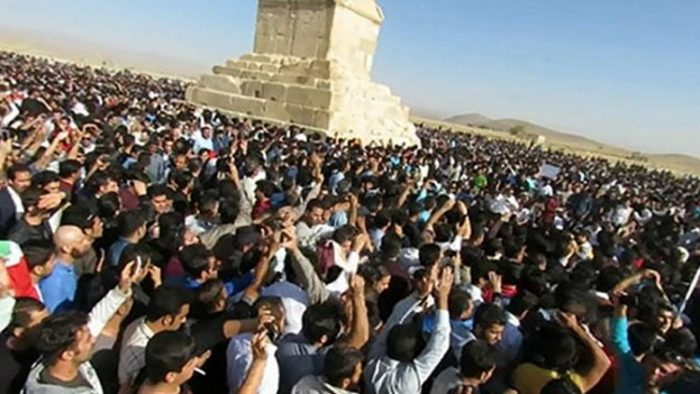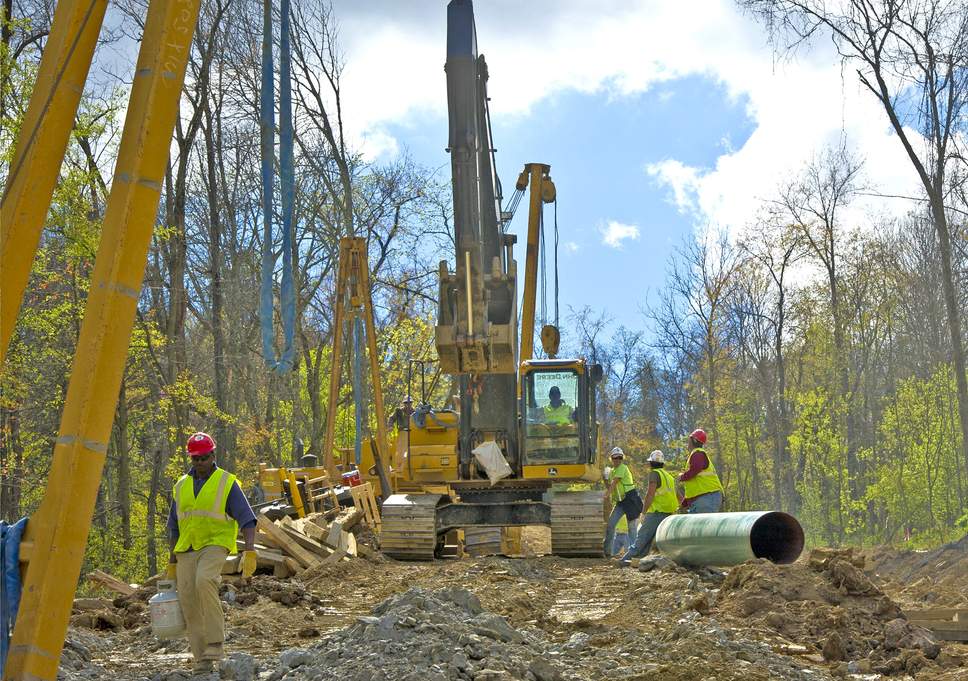
As the full weight of new economic sanctions are imposed on the Iranian regime, an uncomfortable truth is roiling the sleep of the mullahs in Tehran; oil prices are plummeting and putting the squeeze on them.
Leading that global glut of oil is surging U.S. production that is becoming a potential hammer blow to the mullahs’ faint hopes of weathering the economic storm.
According to the Wall Street Journal, “observers expected American energy production to reach a plateau. A lack of pipeline capacity was expected to constrain output in the Permian Basin through 2020. Instead, shippers found ways to use existing pipelines more efficiently, and new pipelines were constructed faster than expected. U.S. crude-oil production is expected to average 12.1 million barrels a day in 2019, 28% higher than in 2017. Surging production has roiled world energy markets.”
The biggest loser of this newfound energy production? Iran. As the Journal outlines, the economic windfall the mullahs hoped to reap from the nuclear deal forged by President Barack Obama were largely offset by the sharp price spiral of oil in 2016. Now rising American output is doing the same thing to Iran in 2018.
The financial profits the mullahs have traditionally carved out for themselves from black market sales of Iranian oil are unlikely to materialize as spotty sales on the bourse created by the Iranian government has already shown.
Hopes by the Iran lobby that countries opposed to the U.S. might pick up the slack by buying Iranian oil such as China are being dashed by falling oil prices. Just a few months ago oil was predicted to hit $100 per barrel, but instead the global benchmark has fallen to $50 per barrel.
Iran hasn’t been helped by record oil production by its regional opponent, Saudi Arabia, which raised production to an all-time high in November, pumping a colossal 11.3 million barrels per day.
The squeeze to the Iranian regime on all sides is fueling the domestic unrest spreading across the country as a result of deepening economic worries.
Predictions by the Iran lobby that the regime could weather this economic storm are becoming harder to make with a straight face. One such idea was the much-hoped for barter agreement system being proposed to allow Iran to sell oil in exchange for goods, thereby avoiding U.S. secondary sanctions on currency exchange.
Of course, the regime will resort to earlier sanction busting tactics including fraud, smuggling and even having Iranian tankers turn off position signals in an effort to go stealth.
The end result of all these shenanigans though is not to benefit or help the Iranian people, but rather to further enrich the ruling elites and Revolutionary Guard Corps which continues to spend prodigious amounts of cash in funding various terrorist actions abroad and proxy wars, as well as keep its loyal terror groups such as Hezbollah in the black.
The chief argument made by the Iran lobby against these sanctions is that they will be unlikely to motivate the Iranian people to rise up and demand change from their government.
“The theory behind it is, you make the population so miserable that they will rise up against the government,” said Trita Parsi, founder of the National Iranian American Council.
Unfortunately for Parsi and the NIAC, the Iranian people are rising up. Merchants have taken to the markets to protests. Truckers have stopped driving. Teachers have halted classes. Throughout Iran the people are making their voices heard and predictably, the regime is resorting to violence and intimidation in an effort to suppress it.
But that hasn’t topped the NIAC from pedaling more false ideas and schemes to get relief for the mullahs, including putting out a so-called report outlining the potential of restoring the nuclear deal.
That report is nothing more than a regurgitation of past NIAC misstatements assembled in a slim few pages and passed off as scholarly research. We might call it
Also included are opinions by Paul Pillar, Nonresident Senior Fellow at the Center for Security Studies at Georgetown University, who has become such a fixture alongside Parsi one might wonder if they’re related as they appear on any policy panel they can get on in an effort to find any kind of audience for their messaging.
The culmination of all this doesn’t alter the trajectory of the Iranian regime under these sanctions. What is different now than from past sanctions is a U.S. administration committed to pushing the regime back to the bargaining table to address not only nuclear weapons
What is also different is the willingness of the Iranian people to defy their own government and unlike the previous protests after disputed presidential elections in 2009, these protests resonate more deeply because it comes from all parts of Iranian society, including the poor and working class who helped fuel the overthrow of the Shah in the first place.
The parallels to that time may be painfully uncomfortable for the mullahs now.
